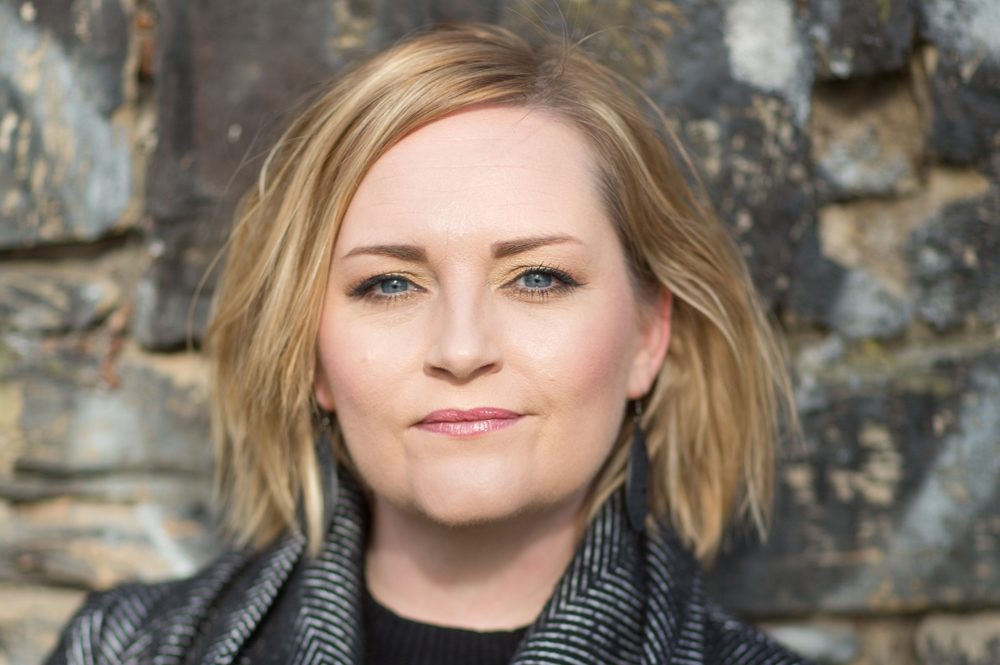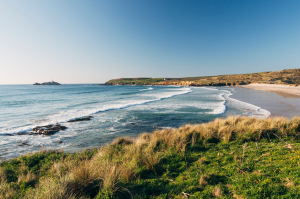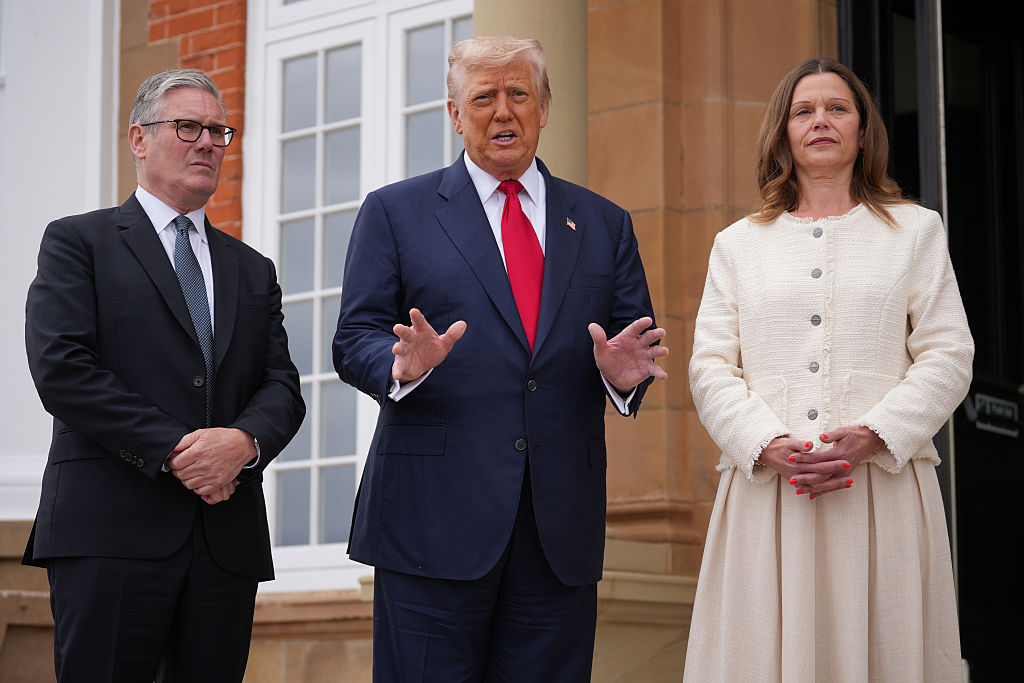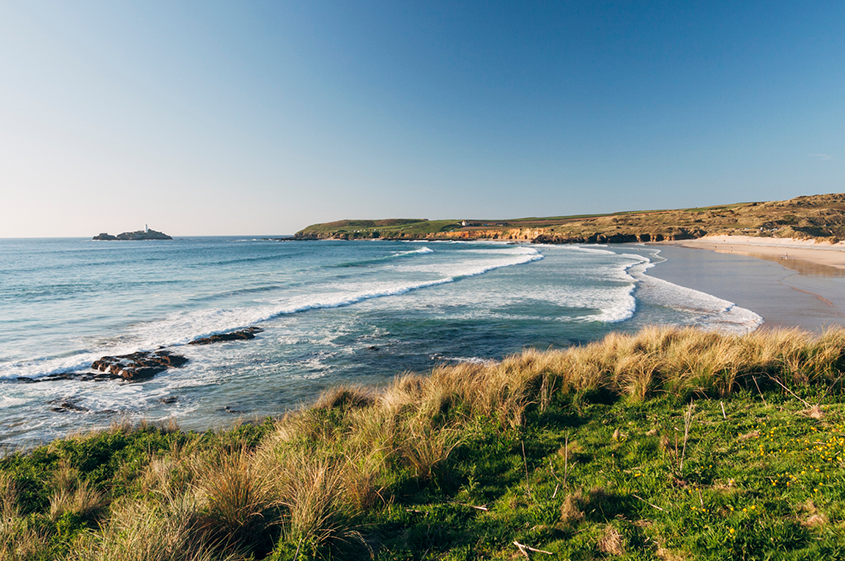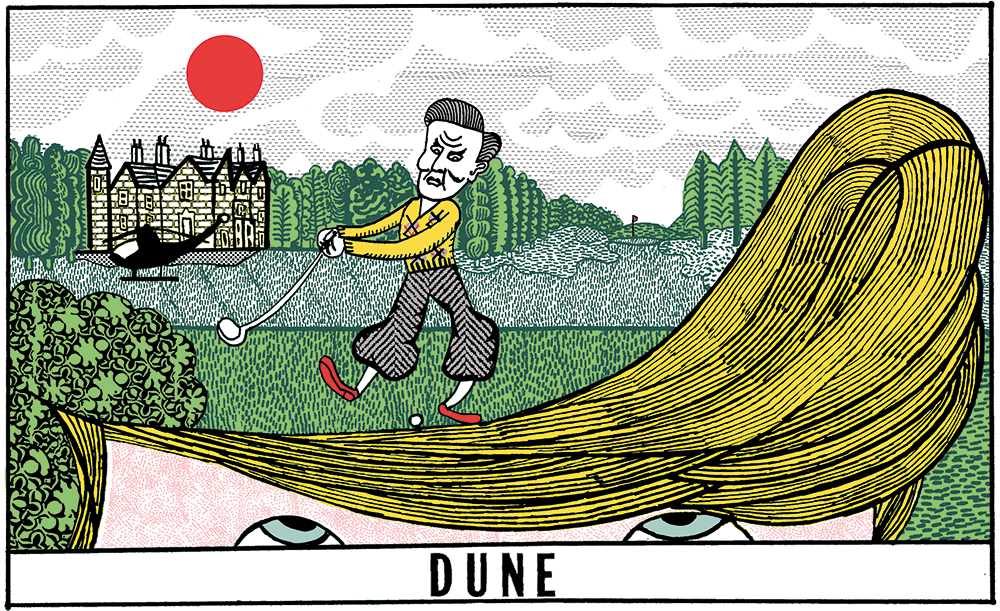For a witch hunt to begin, extremists must so dominate a movement any sin, however slight, becomes a heresy the faithful must denounce for fear of being branded heretics themselves.
The current issue of the literary journal The Dark Horse contains a grim and resonant essay by the poet Jenny Lindsay, which shows how Scottish poetry allowed the extremes to define it. In Anatomy of a Hounding she describes the process of humiliation and denunciation she has recently experienced. Like Salem Massachusetts, Scottish poetry is a small world. But the disputes that have torn it apart would be recognized by citizens of a dictatorship, trapped members of a religious sect, or workers under the control of a megalomaniac CEO. The urge to worship power is universal; as is the willingness to go along with the persecution of dissent when a part of your mind knows the persecution is outrageous.
To begin at the beginning, Lindsay is a poet who makes what living she can by performing live, organizing events and mentoring young writers. In June 2019 she objected to a writer for the Skinny, who said they believed in ‘violent action’ against Terfs (in this instance lesbian feminists at a Pride March). Lindsay contacted the magazine on Twitter and said:
“‘Hello! One of your commentators here advocates violence against lesbian activists at Pride. I find it extraordinary that such views are given an airing in the Skinny.’
You should be able to offer support to trans women, as Lindsay has done during her career, while deploring incitement to violence against lesbians. Although the magazine privately admitted to her it had made a mistake, Lindsay was publicly accused of transphobia. As in so many other witch crazes, Lindsay found the extremes had been sanctified. No criticism of an extremist could be permitted. The religion or ideology in this case must be accepted in its totality. The all-or-nothing character of the ideology guarantees that the extremes define it. Raising doubts about the tactics of one militant was enough to damn her as an enemy of all trans people.
‘I thought my stance was not complex enough to be misinterpreted,’ Lindsay writes.
How wrong she was.
On Facebook, a prominent novelist cross-examined her about her views. Fellow artists demanded that she prove her commitment to trans people. Strange language assailed her ears. Lindsay thought she had issued a polite protest about inciting violence against women, but she was told she guilty of a ‘derailment’, and her thinking was ‘colonialist’. Fake evidence was manufactured. Anonymous heresy hunters went through her poems, and found that ‘The Imagined We’ was anti-trans because it used menstruation as a metaphor. And indeed on the extreme reading, which is to say the only reading that matters, Lindsay has a phobia. She believes in showing trans women every kindness but does not think that anyone can be a woman, and that there is no material basis for being female. As she and others point out, women’s oppression becomes impossible to fight if the material reality of the female body is wished away.
The second condition for a witch hunt is that the persecutors are willing to destroy the persecuted. Although the intolerant right dominates politics in Westminster, Washington, Warsaw, Budapest and New Delhi, and although the far right is a dangerous source of terrorism, the far left remains world beaters in the deployment of McCarthyism. It will not stop until its opponents have been driven out of work.
‘I began to feel I was experiencing an almost Kafkaesque level of surveillance without knowing what the exact charges were,’ Lindsay writes. She was told about private forums where colleagues were denigrating her. Collaborators were warned to steer clear. A young poet she did not know was praised for saying she shouldn’t appear on stage with her at a conference. Other writers agreed, and said they would not share a platform with her. When Lindsay protested, they told her she was ‘punching down’: using her position of power to intimidate a weak, young man.
It has to be said Lindsay, a skint, freelance poet, who was the subject of a whispering campaign, did not feel very powerful.
What was she meant to have done? Her accusers, when they had the guts to come into the open, said her condemnations of violence were not the reason for her ostracism. What then? Perhaps she had committed a micro-aggression. But as Lindsay nicely puts it, surely micro-aggressions deserve micro-responses, not all-out war.
The anonymous smears, the denigration, the false accusations became so much that the Scottish Poetry Library rather nobly spoke out. It issued a statement saying it supported freedom of expression, inclusivity, collaboration and a respect for pluralism. ‘What we do not support, and will no longer ignore, is bullying and calls for no-platforming of writers in events programs and in publishing.’
Far from welcoming the library’s stand, Scottish PEN, which once stood for free expression and would come to the aid of writers in trouble, cut Lindsay off at the knees. It said it was ‘disappointed’ by the library’s statement and offered Lindsay no support. As J.K. Rowling has found, when the pile-ons pile up, Scottish PEN and other free speech organizations duck for cover. Lindsay looked on with dismay.
A counter petition in the form of an open letter followed in February 2020 accusing the library of ‘institutional transphobia’. The signatories included friends of Lindsay’s and writers she had mentored. Everyone in Scottish poetry knew the letter was about her.
The police warned her and staff at the library their physical safety may be in danger. Detectives had heard that an antifa group might target them. Scottish anti-fascists had, apparently, taken a break from the fight against neo-Nazism so they might concentrate on poetry libraries instead. Lindsay moved from her Edinburgh home to the west coast of Scotland. She was as devastated by the silence of former friends as the attacks of her enemies. The Scottish arts scene thinks of itself as radical. But many of those who went for Lindsay or stood by rather than speak out behaved like the classic prudent bourgeois. Why not go with the flow? Why risk my career by standing up for a hounded woman? What’s in it for me?
Lindsay’s essay should be read in full. And to read it, you need to buy The Dark Horse, whose editors deserve your support because it took courage to run it.
Scottish PEN and the authors of the open letter made one decent point. They said Lindsay and the Scottish Poetry Library could not say they believed in freedom of speech and ‘equality, diversity and inclusion’. If you believe in the inclusion of trans people, you had to exclude anti-trans poets. The logic is impeccable until you ask who decides whether a writer is anti-trans. In Lindsay’s case it is the most extreme figures in the movement.
[special_offer]
Witch hunters will tolerate only two possible outcomes to their chase. Either they destroy the heretic by driving her out of work and making her name a by-word for ignominy. Or they force her into a total capitulation. The artist, politician, journalist or left-wing activist must engage in public self-flagellation. They must make an obsequious apology. They must accept that their critics were wholly right and beg forgiveness for the offense they caused.
I am always struck by how no one cares that the apology is fake and has been forced from the target. Sincerity is not required. Rather the accusers demand that their victims bend the knee and acknowledge their mastery. If rape is about power not sex, then witch-hunts are about power not truth.
Lindsay to her immense credit won’t grovel. She will not accept an art world where the first lesson a writer must learn is how to self-censor. Banal work will be the inevitable consequence — indeed, you only need to look around the arts to see that in many cases it already is. Poets may not be Shelley’s unacknowledged legislators of the world, Lindsay concludes, ‘but let us ensure the Twitter mob is not either’. It may be late in the day, but that remains a slogan worth rallying to.
This article was originally published onThe Spectator’s UK website.



